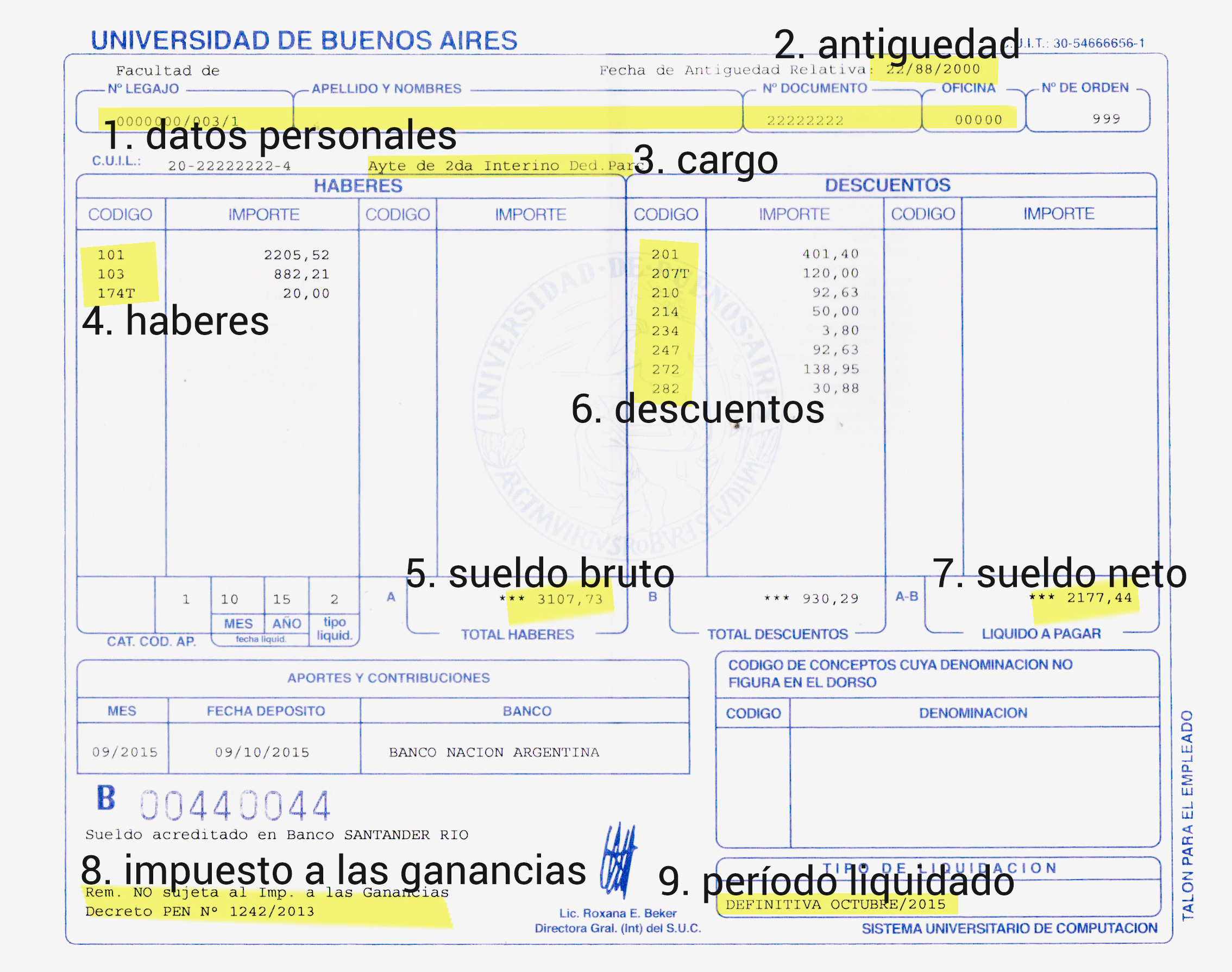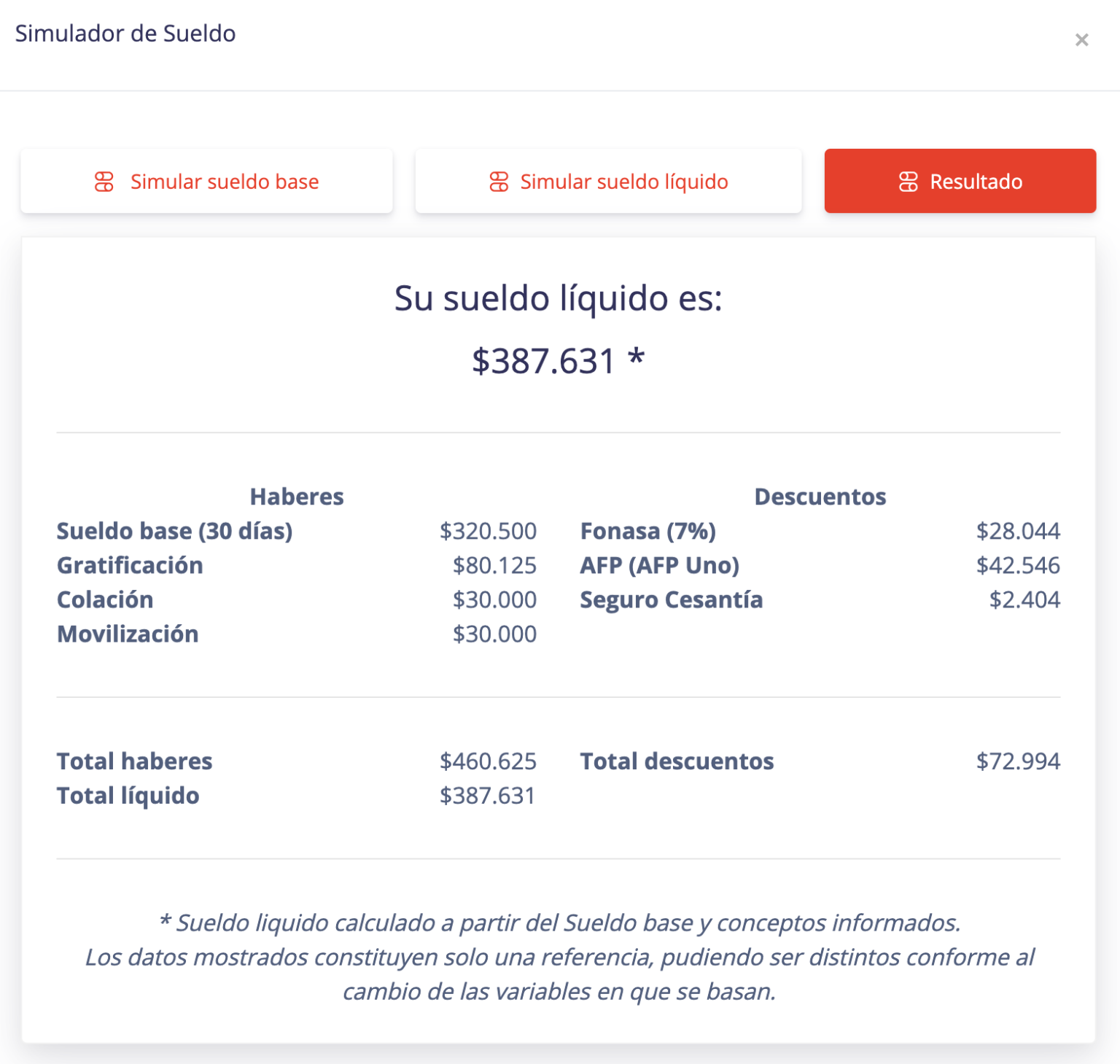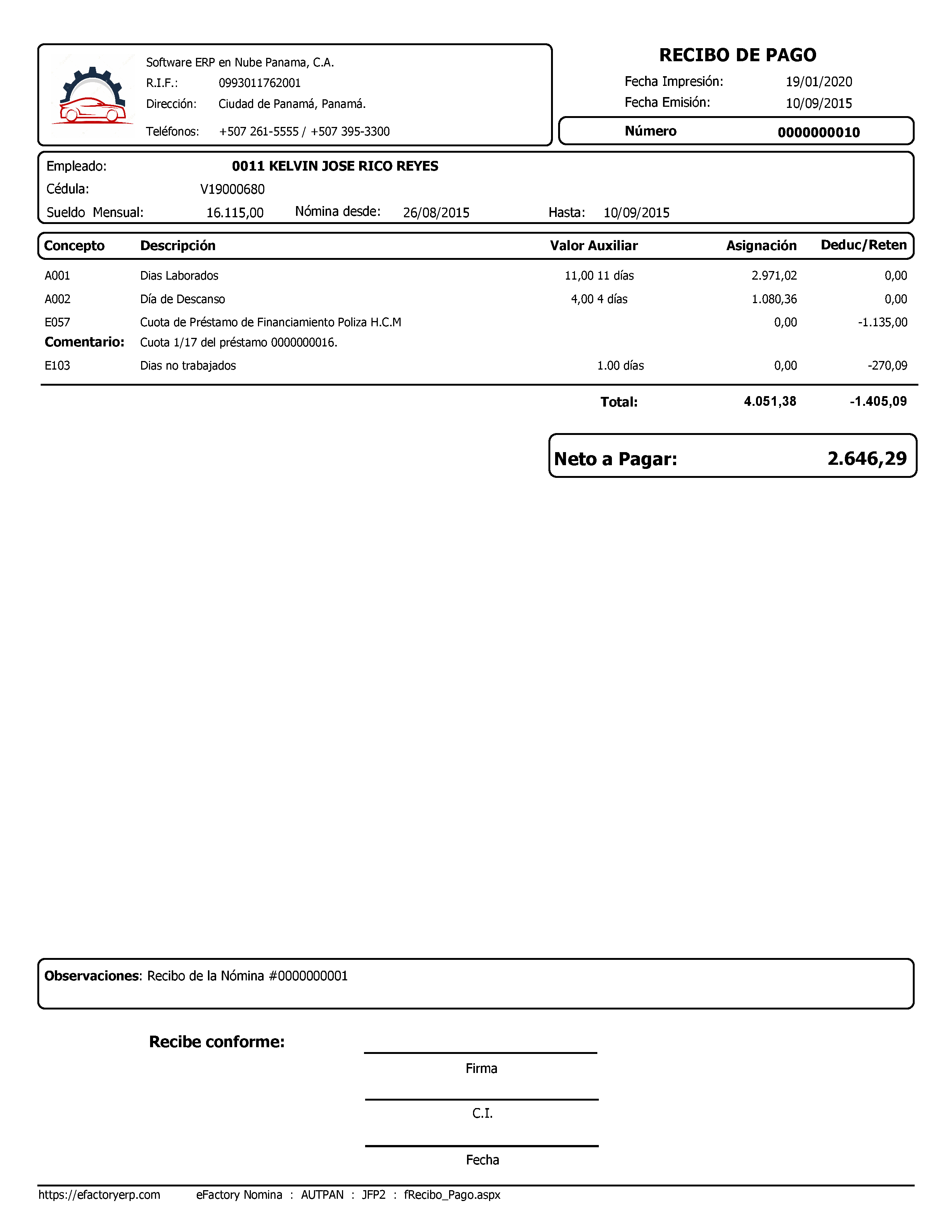So here we are diving into a topic that might make you go, "Wait, what?" but trust me, it's super important. If you're living or working in Peru, understanding how many days salary payments can be delayed is like having a secret weapon in your pocket. It’s not just about knowing your rights; it’s about making sure you’re treated fairly in the workplace. Let’s face it, nobody wants to be in a situation where their paycheck is late, and they're left wondering what to do next. But hey, that’s why we’re here—to break it down for you!
Now, let’s talk about the big question: cuantos dias puede atrasar el pago de sueldo en peru. Or, in English, how many days can salary payments be delayed in Peru? This isn’t just a random question—it’s a real concern for many workers. Whether you’re an expat or a local, knowing the legal limits and your rights as an employee can save you from unnecessary stress. So, buckle up because we’re about to dive deep into this topic.
And before we get into the nitty-gritty, let’s make one thing clear: we’re here to give you the facts, the lowdown, and the practical advice you need to navigate this tricky situation. We’ll cover everything from the legal framework to real-life scenarios, so you’re fully equipped with the knowledge to handle any delays in your paycheck. Sound good? Let’s get started!
- Dr Robert Rey Net Worth The Glamorous World Of Dr 90210 Unveiled
- Aleix Espargaro Net Worth The Journey Of A Motogp Legend
Understanding Labor Laws in Peru
Alright, let’s start with the basics. Peru has a pretty solid labor law system, and it’s designed to protect both employers and employees. But when it comes to salary payment delays, things can get a little complicated. According to the Labor Code of Peru, employers are required to pay their employees on time, and there are specific rules about how many days payments can be delayed. So, what exactly does this mean for you?
Key Provisions in the Labor Code
Here’s the deal: under the Labor Code, employers must pay salaries at least once a month, and the payment must be made no later than the fifth day of the following month. For example, if your salary is due on the 30th of the month, your employer has until the 5th of the next month to pay you. But wait, there’s more. If the payment is delayed beyond this period, the employer is considered in breach of the law, and you, as an employee, have the right to take action.
Now, let’s talk about the consequences. If an employer fails to pay on time, they may face penalties, and in some cases, legal action can be taken. But here’s the kicker: the law also allows for certain exceptions, like force majeure or unforeseen circumstances. So, if your boss says, “Sorry, there was a natural disaster,” they might actually have a point. But don’t worry, we’ll cover all the exceptions later in this article.
- Mesopotamia Social Classes A Deep Dive Into The Ancient Societyrsquos Hierarchy
- Encouraging Words For Pastor Appreciation A Heartfelt Guide To Show Gratitude
How Many Days Can Salary Payments Be Delayed?
Okay, so you’re probably wondering, “What’s the magic number?” Well, here’s the answer: in Peru, salary payments can be delayed for up to five days without penalty. This means that if your paycheck is due on the 30th, your employer has until the 5th of the following month to pay you. But if the payment is delayed beyond this period, you’re well within your rights to demand action.
Exceptions to the Rule
But hold on, there are a few exceptions to this rule. For instance, if the delay is due to unforeseen circumstances, like a natural disaster or a financial crisis, the employer may be granted an extension. However, this extension is not indefinite, and the employer must provide a valid reason for the delay. So, if your boss says, “Sorry, the bank’s closed,” they might be telling the truth. But if they say, “Oh, I just forgot,” well, that’s a different story.
And here’s another thing: if the delay is due to the employee’s fault, like failing to submit necessary documents, the employer may not be held liable. So, if you’re the one holding up the process, it’s on you to get things in order. But hey, life happens, right? That’s why it’s important to stay on top of your paperwork and keep communication lines open with your employer.
What Happens if Payments Are Delayed Beyond the Allowed Period?
Now, let’s talk about what happens if your salary is delayed beyond the allowed period. First of all, your employer is in breach of the law, and you have the right to take action. But what kind of action can you take? Well, there are a few options. You can file a formal complaint with the Ministry of Labor, seek legal advice, or even terminate your employment contract if the delay is significant.
Steps to Take if Your Salary Is Delayed
Here’s a quick rundown of what you can do if your salary is delayed:
- Reach out to your employer and ask for clarification on the delay.
- Document everything—emails, texts, and any other communication related to the delay.
- If the delay continues beyond the allowed period, file a formal complaint with the Ministry of Labor.
- Consider seeking legal advice if the situation doesn’t improve.
And remember, you’re not alone in this. There are plenty of resources available to help you navigate this situation, from labor unions to legal advisors. So, don’t hesitate to reach out for help if you need it.
Real-Life Scenarios: What to Do When Your Paycheck Is Late
Let’s talk about some real-life scenarios that might help you understand what to do if your paycheck is late. Imagine this: you’re working for a small company in Lima, and your salary is due on the 30th. But when the 5th rolls around, you still haven’t received your paycheck. What do you do? First, don’t panic. Reach out to your employer and ask for an explanation. If they don’t provide a valid reason, it’s time to take action.
Case Study: A Delayed Payment in Lima
Take the case of Maria, a marketing executive who worked for a startup in Lima. Her salary was due on the 30th, but by the 5th, she still hadn’t received her paycheck. After reaching out to her employer, she discovered that the delay was due to a financial issue. Maria filed a formal complaint with the Ministry of Labor, and within a week, the issue was resolved. So, if you find yourself in a similar situation, don’t hesitate to take action.
Employer Responsibilities and Employee Rights
Now, let’s talk about the responsibilities of employers and the rights of employees. Employers in Peru are required to pay their employees on time, provide a safe working environment, and adhere to the provisions of the Labor Code. On the other hand, employees have the right to fair treatment, timely payment, and access to legal recourse if their rights are violated.
Key Employee Rights
Here are some key rights that employees in Peru have:
- The right to timely payment of salaries.
- The right to a safe and healthy working environment.
- The right to file complaints with the Ministry of Labor if their rights are violated.
- The right to seek legal advice if necessary.
And remember, if you feel that your rights are being violated, don’t hesitate to speak up. You have the law on your side, and there are plenty of resources available to help you.
Legal Recourse for Employees
So, what legal options do you have if your salary is delayed? Well, there are a few. You can file a formal complaint with the Ministry of Labor, seek legal advice, or even terminate your employment contract if the delay is significant. But before you take any action, make sure you have all the necessary documentation in place.
Filing a Complaint with the Ministry of Labor
Here’s how you can file a complaint with the Ministry of Labor:
- Gather all relevant documentation, including pay stubs, employment contracts, and any communication related to the delay.
- Visit the nearest Ministry of Labor office or submit your complaint online.
- Provide a detailed explanation of the delay and any attempts you’ve made to resolve the issue with your employer.
And remember, the Ministry of Labor is there to help you. They’ll investigate your case and take appropriate action if they find that your rights have been violated.
Preventing Salary Payment Delays
Now, let’s talk about how you can prevent salary payment delays. Communication is key here. Make sure you have a clear understanding of your employment contract and the payment schedule. If you’re unsure about anything, don’t hesitate to ask your employer for clarification. And if you notice any signs of potential delays, like financial instability in the company, it might be worth keeping an eye on the situation.
Tips for Employees
Here are some tips for employees to prevent salary payment delays:
- Understand your employment contract and payment schedule.
- Communicate openly with your employer about any concerns.
- Keep an eye on the financial health of your company.
- Document everything—emails, texts, and any other communication related to payments.
And remember, prevention is always better than cure. If you stay informed and proactive, you can avoid many of the issues that might arise.
Conclusion
So, there you have it—the lowdown on how many days salary payments can be delayed in Peru. To recap, the law allows for a maximum delay of five days, and any delay beyond this period is considered a breach of the law. If you find yourself in a situation where your paycheck is late, don’t hesitate to take action. Reach out to your employer, document everything, and consider filing a formal complaint if necessary.
And remember, you’re not alone in this. There are plenty of resources available to help you navigate this situation, from labor unions to legal advisors. So, stay informed, stay proactive, and don’t be afraid to speak up for your rights.
So, what’s next? If you have any questions or need further clarification, feel free to leave a comment below. And if you found this article helpful, don’t forget to share it with your friends and colleagues. Knowledge is power, and the more we know, the better equipped we are to handle any challenges that come our way. Stay strong, stay informed, and keep those paychecks coming!



Detail Author:
- Name : Dr. Sylvan Schmitt III
- Username : yessenia87
- Email : clemens.conn@funk.com
- Birthdate : 1994-03-29
- Address : 17564 Wellington Squares Hiltontown, SC 99768-9092
- Phone : (606) 949-6744
- Company : Schamberger and Sons
- Job : Barber
- Bio : Molestiae unde laboriosam quis odit dolores voluptas. Neque et quis reiciendis cupiditate eligendi dolores numquam. Officia sed rem reiciendis ut quia a.
Socials
facebook:
- url : https://facebook.com/celia_real
- username : celia_real
- bio : Molestiae iste eaque aut quas aut. Ut enim corrupti aut non at.
- followers : 2168
- following : 2245
twitter:
- url : https://twitter.com/celia620
- username : celia620
- bio : Accusamus quia illo est aspernatur soluta repellat. Illum sunt laboriosam soluta ipsum id nam repellendus.
- followers : 4347
- following : 2583